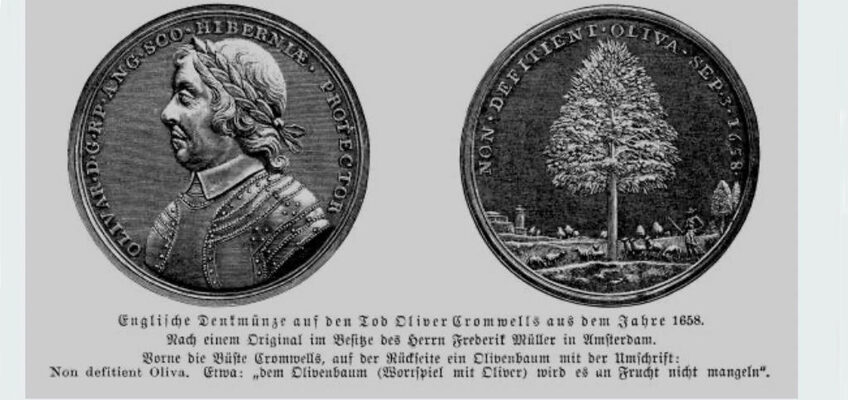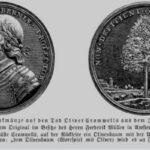Olive oil is not only a flagship culinary staple of the Mediterranean, but an emblem of the region, deeply woven in its historical landscape, cultural fabric, spiritual tapestry and economic framework, from ancient times to the modern-day, spanning across various civilizations, and becoming one of the most successful industries in antiquity. This ancient elixir has spread its golden essence across the globe over time, becoming an integral part of various cuisines and cultures, and a sizeable global industry. So what’s the secret behind the long-standing history, enduring influence and everlasting popularity of olive oil?
To unlock the mystery, it’s essential to emphasize olive oil’s economic weight, and touch upon its representation in art and literature.
- Olive Oil in Economy
Olive oil held economic importance in ancient societies as it proved to be a valuable commodity for trade. It contributed to the prosperity of Phoenician city-states and enhanced their maritime influence in the ancient Mediterranean and beyond. Its economic importance in ancient Greek society was evident in trade, with olive oil becoming a prominent export. Shortly, other cultures began to learn from the Greek and Phoenician merchants the techniques for cultivating olives and extracting olive oil. This is how countless olive groves were born across the Mediterranean and beyond, and oil production started expanding. The Romans inherited their love for olive oil from the Greeks and further expanded its production throughout their vast empire making it a significant industry. In fact the demand for olive oil grew steadily in ancient times due to its versatility, leading to the establishment of extensive olive oil trade routes. Olive oil was exported from the Mediterranean to various parts of the world, including North Africa, the Middle East, and even as far as India and China. These trade routes greatly contributed to the spread of Mediterranean culture and the popularity of olive oil. Soon enough, olive oil really was liquid gold, as it was once called by the famous Greek poet, Homer; olive oil was five times more expensive than wine and two and a half times more expensive than other seed oils used at the time. Olive oil has become a global commodity over time, with its production growing into a multi-billion dollar industry, and its consumption trends shifting worldwide. Today around 90% of all olive oil is used for food, although it is in fact also widely used in cosmetics. The Mediterranean remains, nonetheless, the primary source of olive oil, where It is now the single most important agricultural product in Spain, Italy, Greece, and other countries.
- Olive Oil in Art and Literature
Olive oil has left its imprint on various forms of art and literature throughout history. In ancient Greek and Roman art, olive oil has been portrayed as symbol of peace, abundance, and beauty. Paintings and sculptures often depicted the use of olive oil in religious ceremonies and rituals. Besides, references to olive oil abound in classic literature. Greek philosophers celebrated olive oil in their writings: Plato described the health benefits of olive oil, as well as the benefits of consuming a Mediterranean diet rich in olive oil. Aristotle wrote about the production of olive oil, including advice on how to judge its quality. He also described the importance of adding a small amount of oil to wine to prevent it from becoming too thick. Hippocrates recommended consuming a Mediterranean diet rich in olive oil for good health. The ancient Greek poet Homer frequently referred to olive oil as a symbol of wealth and hospitality in his famous works, the Iliad and the Odyssey. The Bible also contains numerous references to olive oil, associating it with sacred ceremonies and blessings. King Solomon mentions the production of olive oil in Song of Songs, which describes the harvest of olives and their pressing to produce oil. Throughout the centuries, poets, writers, and artists continued to draw inspiration from the symbolism and practical uses of olive oil. Its rich cultural significance has made it a recurring theme in various artistic expressions.







Leave a Reply